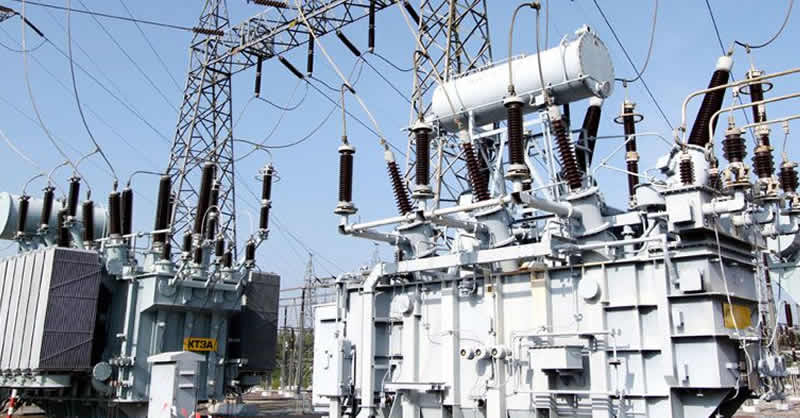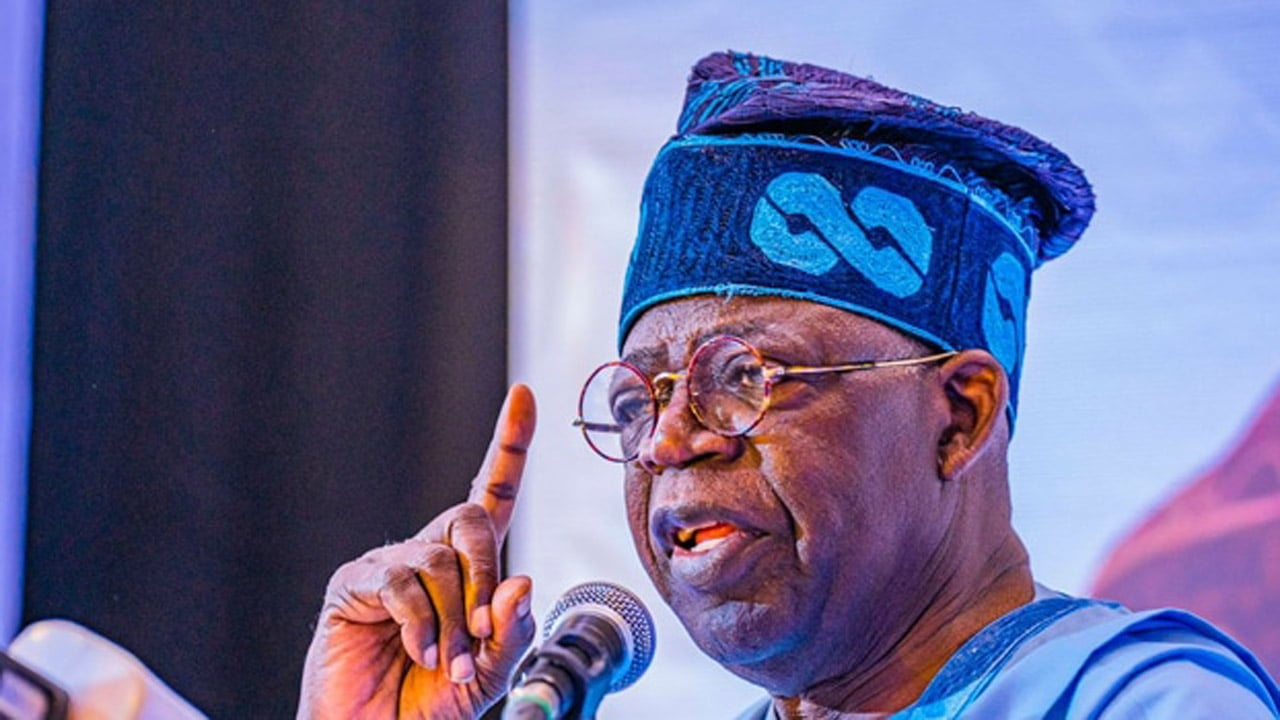Nigeria’s national power grid has suffered yet another collapse, thrusting the country back into darkness in a recurring power crisis that has plagued the nation. The latest failure, reported as of 2:35 pm, has left power generation at zero megawatts, according to hourly readings from the Power Generation Companies (GenCos), marking a severe blackout affecting millions of households and businesses.
This incident follows a series of grid failures in October, with the Federal Government pledging to tackle the issue, though a lasting solution appears elusive. October 19 witnessed a significant grid collapse, the eighth of 2024, and just two days later, the grid failed again. These back-to-back outages underscore a critical vulnerability in Nigeria’s power infrastructure. The Transmission Company of Nigeria (TCN) had attributed previous failures to incidents like a fire outbreak at the Jebba transmission station.
TCN’s General Manager of Public Affairs, Ndidi Mbah, highlighted efforts to improve grid stability, noting that grid disturbances had reduced by over 76% compared to previous years. Yet, these measures have not prevented frequent breakdowns in 2024, causing widespread disruption. TCN recorded a total of 105 grid collapse incidents to date, with the current outage further dampening public confidence in the reliability of the system.
Power Minister Adebayo Adelabu has repeatedly pointed to outdated infrastructure as a root cause of these issues, stressing the urgent need for an overhaul of the national grid’s aging facilities. The Nigerian Electricity Regulatory Commission (NERC) has also expressed concern over the increasing frequency of grid disturbances, lamenting that these incidents have undermined progress made in recent years toward improving grid stability and addressing infrastructure deficits.
The Federal Government had previously announced plans for a “permanent solution” to the grid instability, yet, the enduring issues raise questions about the timeline and viability of such promises. TCN is yet to disclose the reason behind the latest collapse, leaving many Nigerians in uncertainty as the blackout stretches on.






